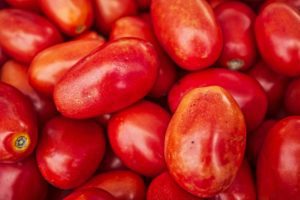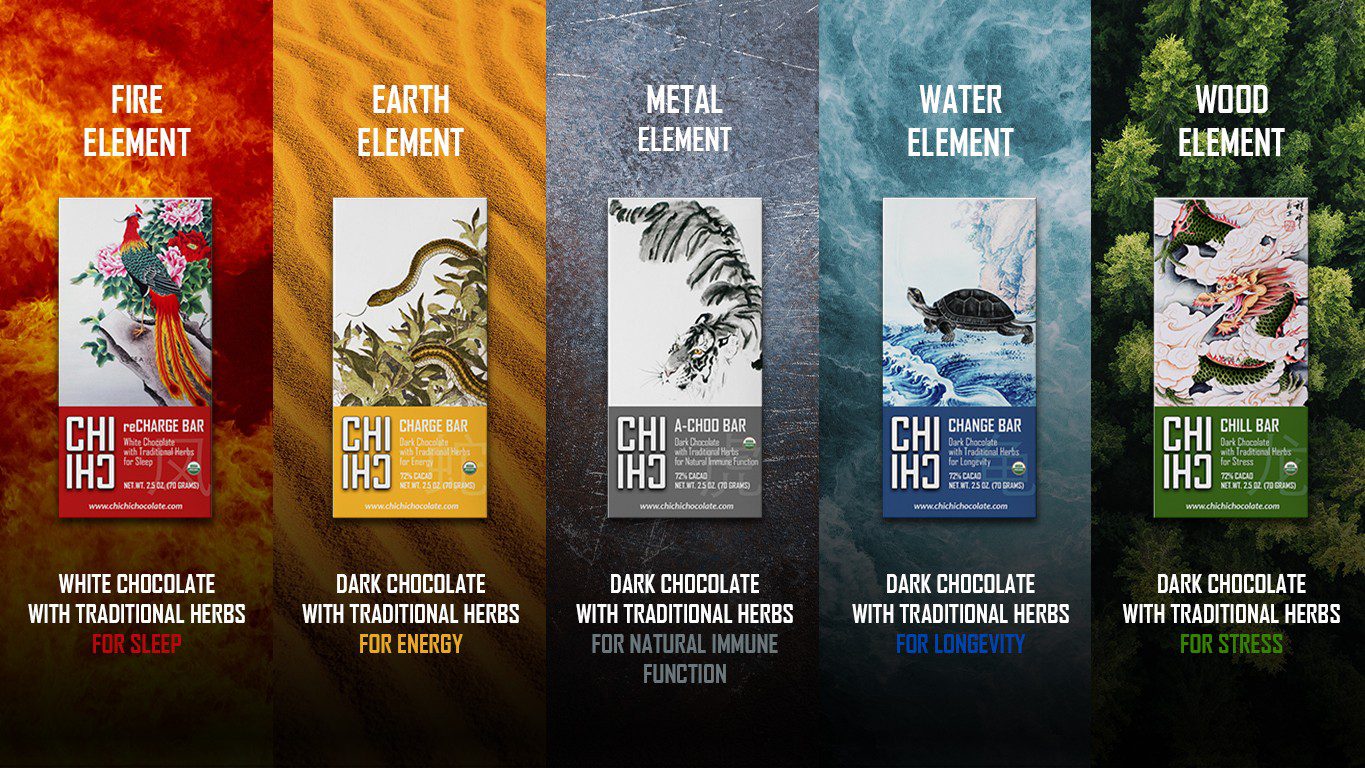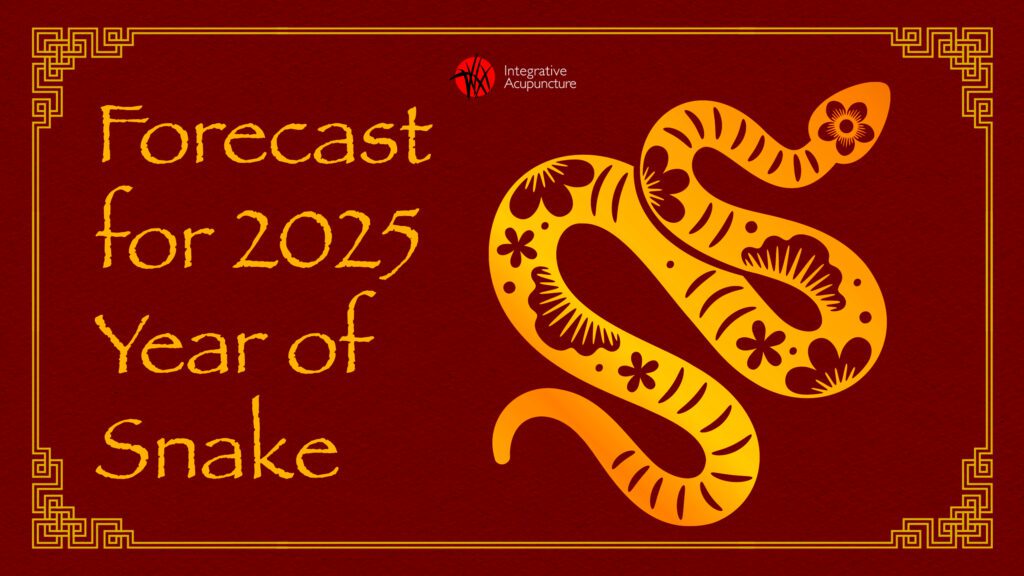TCM Nutrition for Heart Health
Traditional Chinese Medicine (TCM) nutrition combines ancient wisdom with modern science. TCM nutrition is a holistic approach, which aims to balance all five flavors within most meals with one or two flavors being emphasized for therapeutic purposes. Foods for hypertension emphasizes bitter flavors, sour flavors, and energetically-cooling foods.
Bitter flavors benefit the heart in moderation. But an excess is harmful as it has a drying effect. For example, coffee is bitter. In moderation, coffee acts as a vasodilator increasing circulation but in excess. And it can raise blood pressure. It has a diuretic effect. Research has discovered while the human genome has 25 bitter taste receptors, 12 of these are expressed in the human heart.
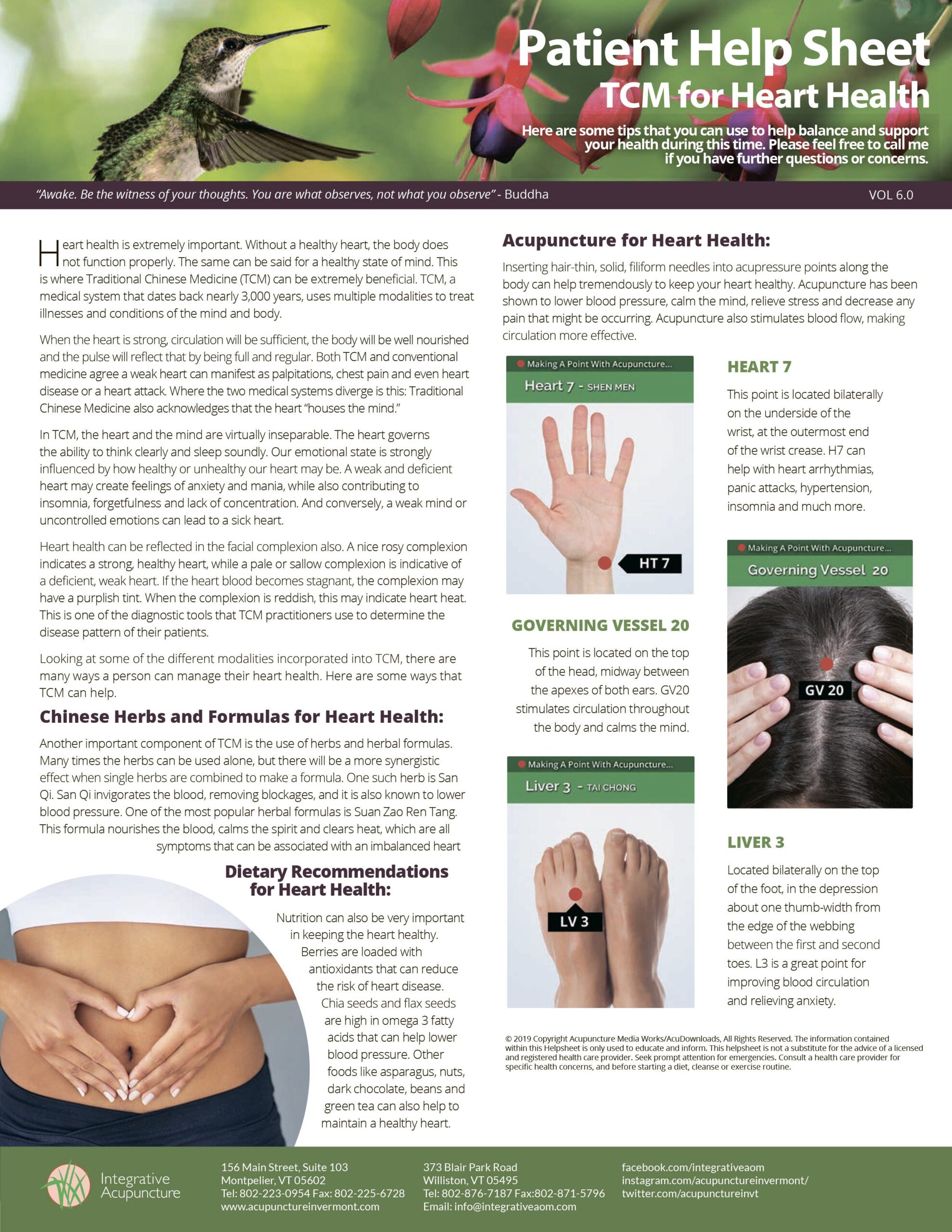
Download Patient Help Sheet
Foods with bitter flavors include
- romaine lettuce
- dandelion
- arugula
- rye
Foods that combine bitter with pungency include
- citrus peel
- radish
- scallion
- white pepper
- In TCM nutrition, the pungent flavor can help disperse phlegm (e.g. plaque).
Foods that combine bitter with sweet include:
- asparagus
- celery
- tomatoes
- lettuce
- quinoa
- papaya
- Lemon rind is bitter and sour; vinegar is also bitter and sour.
Bitter flavors have a yin, or cooling effect, clearing heat in the body while encouraging a descent of Qi, which aids in the draining of fluids. For example, celery contains the phytochemical phthalides which relax arterial wall tissues to increase blood flow and thereby reduce blood pressure. The fiber, magnesium, and potassium in celery also help lower blood pressure and regulate fluid balance. Caution: according to TCM, those with a lot of dryness and/or bone disease should moderate their intake of bitter flavor.
A Tomato a Day Keeps the Doctor Away!
The combination of lycopene, vitamin C and E, potassium, and folic acid in tomatoes make it a powerful food for heart health. The bitter flavor of tomatoes comes from the seeds; to reap the full benefit of tomatoes eat the seeds too. Heirloom tomatoes in the season have the most flavor, find the tastiest tomatoes at your farmer’s market or try growing your own.
Chrysanthemum
Chrysanthemum tea is very popular in Asia; therefore it’s helpful for headaches, dizziness, high blood pressure, chest pain, and also fevers. You can add chrysanthemum flowers to your morning green tea and in the evening combine it with chamomile tea for extra cooling benefits!
TCM nutrition cautions against overdoing cold foods and drinks. Too much cold inhibits the digestive process. Drinking warm beverages and soups, as well as eating foods with a little pungency (chili pepper, garlic, ginger) causes the body to perspire slightly which naturally cools the body.
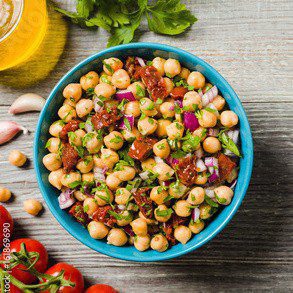
5 Flavors Chickpea Salad for Healthy & Happy Heart
15 oz cooked organic chickpeas (1 can)
1/2 c cup cooked quinoa or 1 cup brown rice (warm)
4 stalks celery, minced
6-12 cherry tomatoes, chopped in 1/2 or 1/4
8-12 Romaine lettuce leaves, chopped
2 TBSP red onion, minced

Heart Healthy Dressing
2 TBSP olive oil
1 TBSP lemon juice + a little lemon zest (organic is best)
1 tsp grated ginger
1/2 tsp honey or agave
1-2 garlic cloves (minced or pressed)
1/8 tsp Himalayan or Sea salt (or to taste)
fresh ground black pepper (to taste)
Resources
- https://health.clevelandclinic.org/2015/04/celery-may-help-bring-your-high-blood-pressure-down/
- Foster, S. R., Blank, K., Hoe, L. E. S., Behrens, M., Meyerhof, W., Peart, J. N., & Thomas, W. G. (2014). Bitter taste receptor agonists elicit G-protein-dependent negative inotropy in the murine heart. The FASEB Journal, 28(10), 4497-4508.
- Kastner, Joseph, MD, L.Ac, (2009) Chinese Nutrition Therapy, Thieme, Stuttgart and New York
- Pitchford, Paul (2002), Healing with Whole Foods: Asian Traditions and Modern Nutrition, North Atlantic Books, Berkeley, California
- Ried, K., Frank, O. R., Stocks, N. P., Fakler, P., & Sullivan, T. (2008). Effect of garlic on blood pressure: a systematic review and meta-analysis. BMC cardiovascular disorders, 8(1), 1.
- Willcox, J. K., Catignani, G. L., & Lazarus, S. (2003). Tomatoes and Cardiovascular Health. Critical Reviews in Food Science and Nutrition, 43(1), 1-18.



